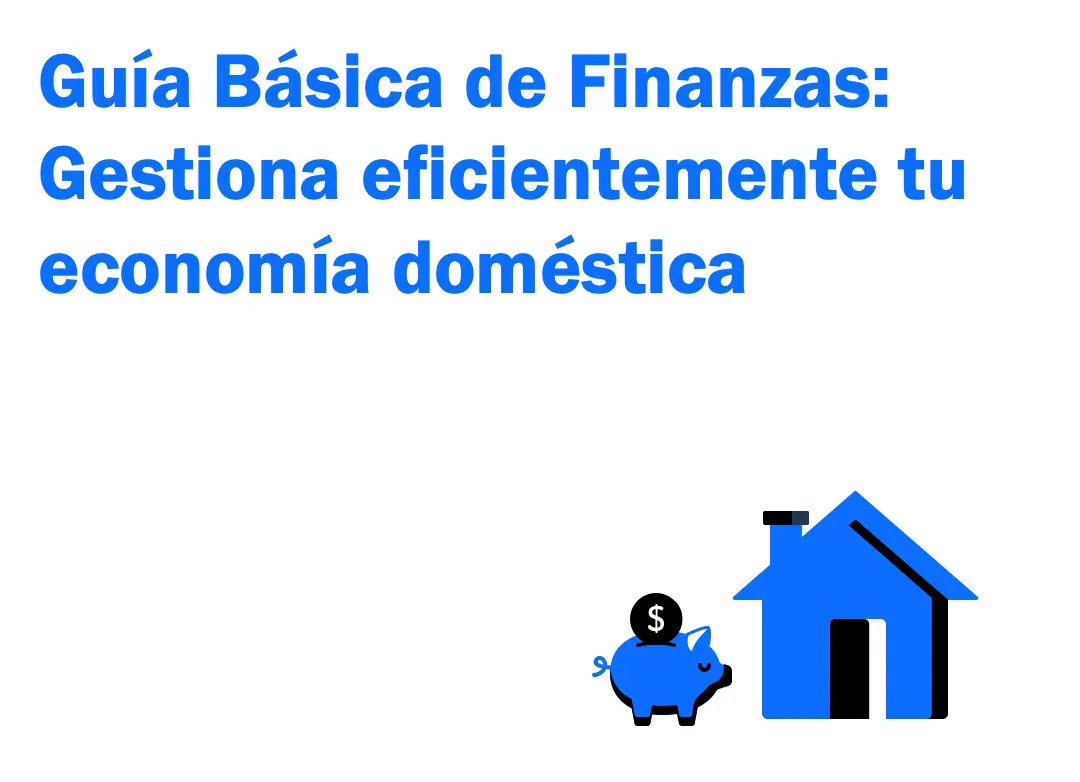“You have to know how to live with the money you have”. This famous phrase—which sums up the first rule of managing your domestic or personal finances—may seem extremely obvious, however, it is not always easy to follow. The truth is that, when we hear about the ‘finances’ concept, we immediately imagine the management of large fortune assets or even the business sphere. However, it is important to bear in mind that domestic finances also require not only strict control but also discipline, especially when the youngest members of the household begin to become independent and assume their own recurring expenses.

The first thing to bear in mind is that all the goals you set must be realistic and achievable, i.e., always within the family’s income possibilities. Once that is set, it is important to bear in mind the following items:
1. Make a budget and write down all your expenses: You should be the one managing your finances and not the other way around.
• The first step to good planning is to be clear about how much you spend and what you spend it on. It is as simple as writing down (preferably on an Excel sheet) how you allocate and what you spend your income on every month. Once you understand this, it will be easier to keep track of it and create a budget to stick to.
2. Identify your expenses and prioritise: Spend less than you earn.
• As much as we have heard it said before, it needs to be implemented: Expenses have to be less than income. The order of priorities should be as follows: Household expenses, mortgage, schools, savings and, lastly, leisure. In addition, it is important to raise awareness among all family members, so that the responsibility of saving falls to everyone equally, is understood and assumed as a collective obligation.
3. Eliminate unnecessary expenses: Forego ‘extra’ leisure.
• Once you have written down your monthly expenses, it will be easier to identify which are necessary and which are not. It is not a question of eliminating all those expenses that are dispensable, but simply of taking stock of those that are most important.
4. Save up every month
• It doesn’t have to be large amounts of money, simply allocate a coherent amount in line with your finances and try to stick to it every month. Try to be consistent, this way you will turn it into a habit and you will be able to deal more easily with unforeseen events that may arise in the future.
5. Set long-term goals
• When you set specific goals, it is much easier to achieve them. If, for example, you are planning to buy a car, you will be much more motivated to save the money than if you are simply saving for the sake of saving.
6. Keep yourself informed and review concepts you do not know
• Reading and informing yourself about simple economic and financial concepts will be of great help when you need to make important decisions.
Finally, if you have decided to invest part of your savings in order to obtain a long-term return, always bear in mind that you should invest in assets that you are familiar with, or about which you are properly advised, and use a sum that you do not really need in the short or medium term. In other words, never take risks with money that you need to cover your recurring expenses.
In short, having a controlled and healthy household economy will not only give you greater peace of mind and a broader perspective of your income and expenses but will also increase your possibilities for the future. Remember that at Banco Sabadell we are here to help and guide you, so if you want to start saving, our experts will advise you.